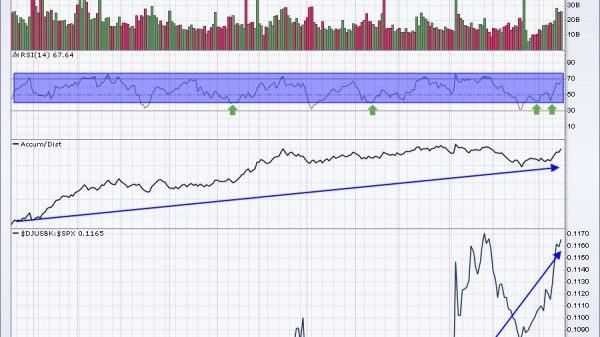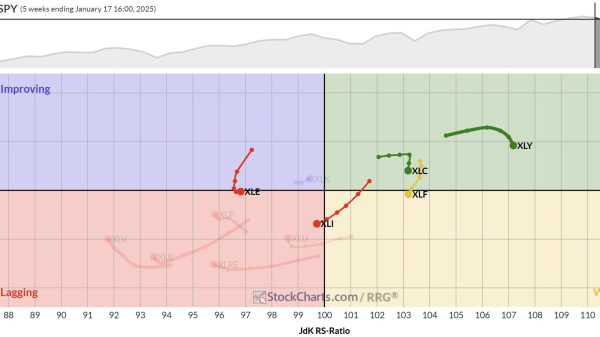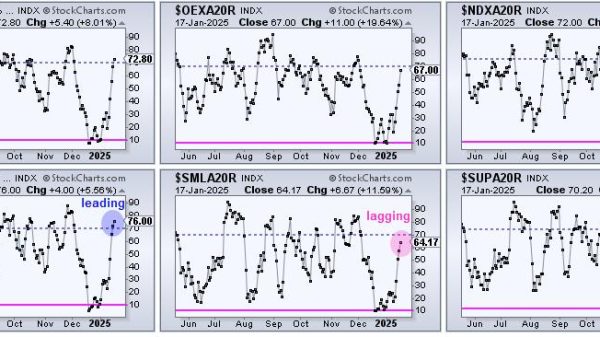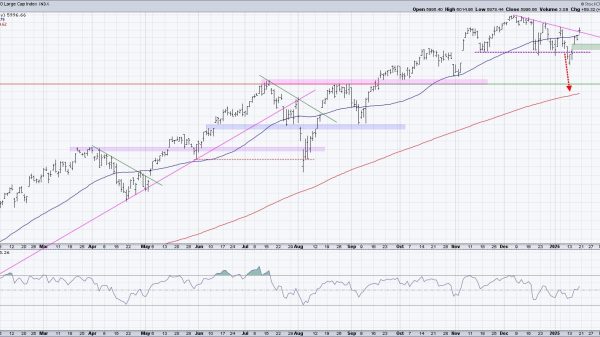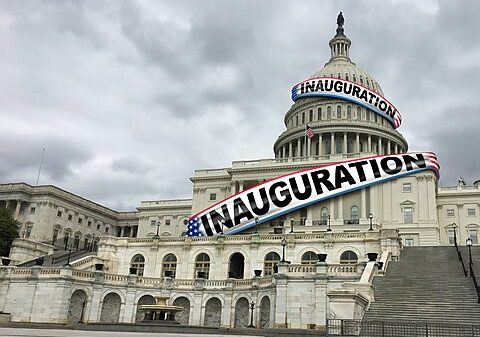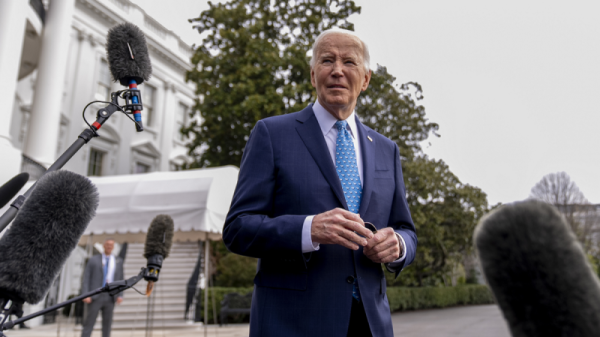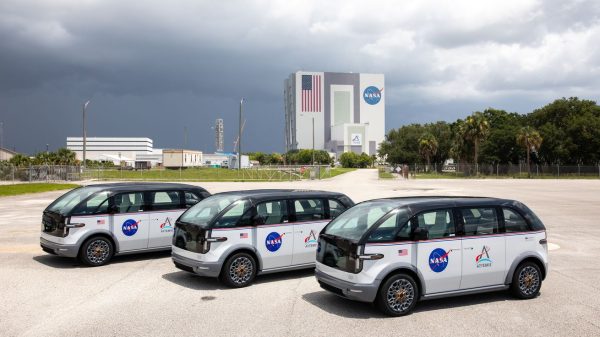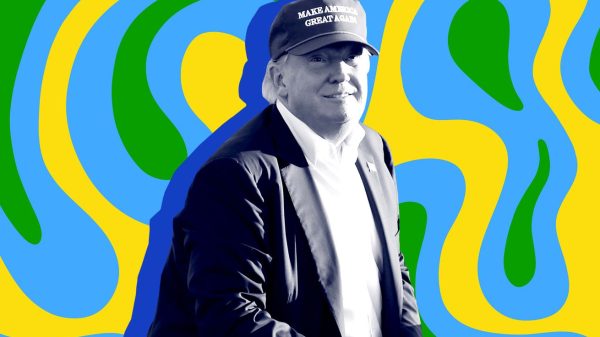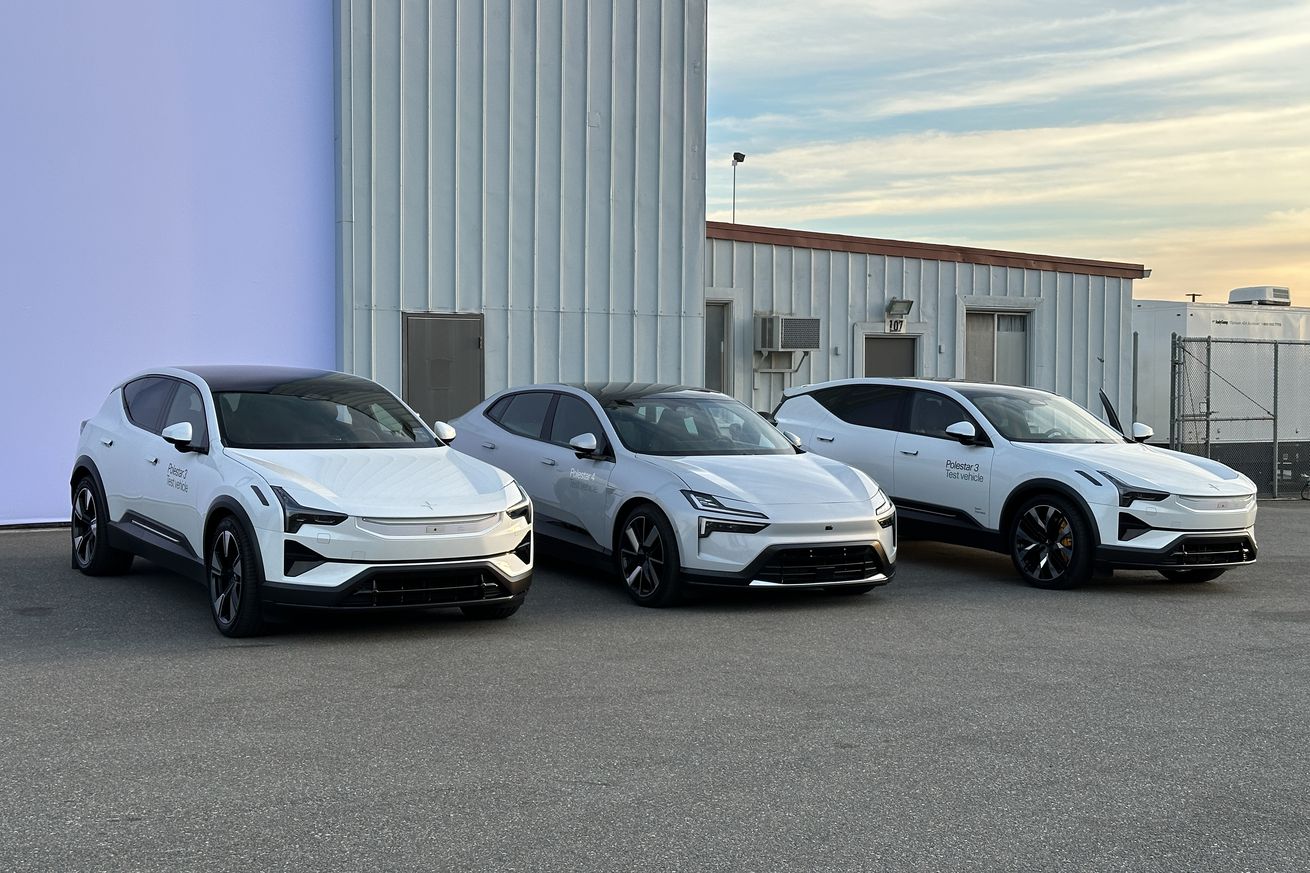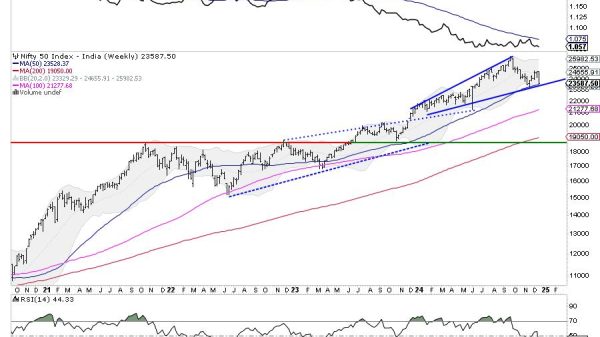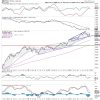
The Biden administration finalized a new rule that would effectively ban all Chinese vehicles from the US under the auspices of blocking the “sale or import” of connected vehicle software from “countries of concern.” The rule could have wide-ranging effects on big automakers, like Ford and GM, as well as smaller manufacturers like Polestar — and even companies that don’t produce cars, like Waymo.
The rule covers everything that connects a vehicle to the outside world, such as Bluetooth, Wi-Fi, cellular, and satellite components. It also addresses concerns that technology like cameras, sensors, and onboard computers could be exploited by foreign adversaries to collect sensitive data about US citizens and infrastructure. And it would ban China from testing its self-driving cars on US soil.
“Cars today have cameras, microphones, GPS tracking, and other technologies connected to the internet,” US Secretary of Commerce Gina Raimondo said in a statement. “It doesn’t take much imagination to understand how a foreign adversary with access to this information could pose a serious risk to both our national security and the privacy of U.S. citizens. To address these national security concerns, the Commerce Department is taking targeted, proactive steps to keep [People’s Republic of China] and Russian-manufactured technologies off American roads.”
The rules for prohibited software go into effect for model year 2027 vehicles, while the ban on hardware from China waits until model year 2030 vehicles. According to Reuters, the rules were updated from the original proposal to exempt vehicles weighing over 10,000 pounds, which would allow companies like BYD to continue to assemble electric buses in California.
The new rule is the latest escalation in the ongoing trade restrictions put in place on Chinese-made vehicles, including components like computers and batteries. It comes at a time when China is churning out more cars then ever before, earning its status as the No. 1 auto exporter in the world. The rule also covers vehicles and components made by Russia.
China’s access to vehicle software presents “a significant threat” to the US in that it would grant an adversary “unfettered access” to critical tech systems and the user data that they collect, the White House said.
“As [the People’s Republic of China] automakers aggressively seek to increase their presence in American and global automotive markets, through this final rule, President Biden is delivering on his commitment to secure critical American supply chains and protect our national security,” the administration adds.
The auto industry sought to delay the rule by a year, effectively delivering it to the incoming Trump administration to enforce but was unsuccessful. The Alliance for Automotive Innovation, which represents GM, Ford, Volkswagen, Toyota, and others, said in comments submitted last April that it supports the goal of the proposed rules but warned that the global automotive supply chain “is one of the world’s largest and most complex” and that parts could not be simply swapped out without disruptions.
Other automakers were more explicit in their criticisms. Polestar, an electric vehicle manufacturer owned by Geely, said in October that the rule “would effectively prohibit Polestar from selling its cars in the United States, including the cars it manufactures in South Carolina.”
Indeed, the White House states in its fact sheet that the rule prevents the import or sale of connected vehicles “by entities who are owned by, controlled by, or subject to the jurisdiction or direction of the PRC or Russia – even if those vehicles were made in the United States.”
Meanwhile, Waymo, which is planning on using vehicles manufactured by Geely’s Zeekr for its next-gen robotaxi, said that it takes precautions to ensure that the vehicles it purchases for its fleet arrive without any manufacturer-installed telematics systems. Still, the rule could significantly disrupt the Alphabet-owned company’s plans to expand if the government decides to ban the import of the Zeekr vehicle under the new rule.
“Waymo filed comments in support of the rule last fall,” Waymo spokesperson Ethan Teicher said in an email. “We’re reviewing the final rule, and appreciate the Department’s prompt rulemaking.”
A spokesperson for Polestar did not immediately respond to requests for comment.
Update January 14th: Updated to include a comment from Waymo.

